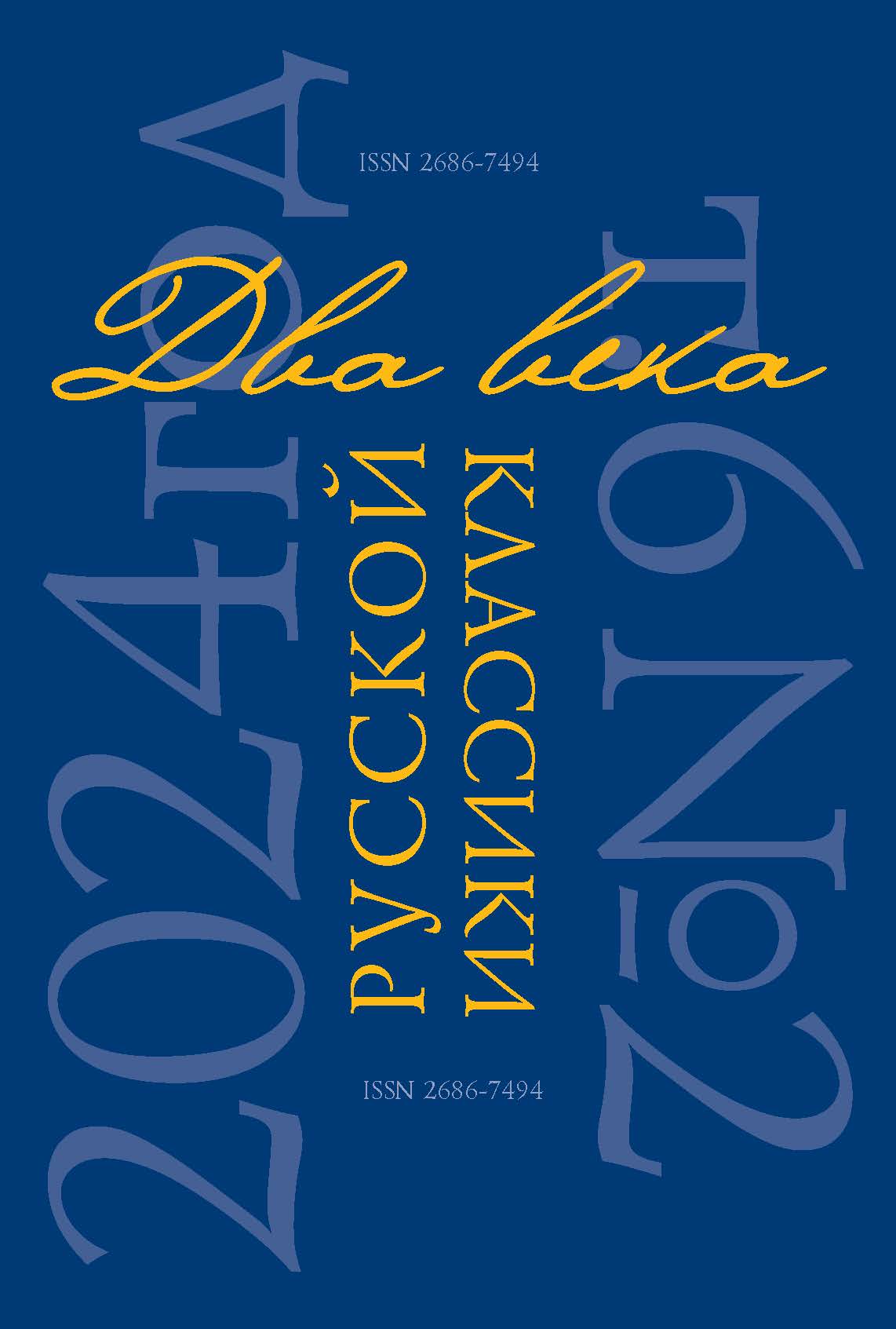Abstract:
The article examines two diaries of Lieutenant General Nikolai Afanasyevich Obruchev, which he kept during the First World War. The first one was named “What I saw and heard in the war” for the fall of 1914 – March 1916 (stored in the Russian State Historical Archive) and the second is a diary for the whole of 1916 (stored in the Russian State Military Historical Archive). The first is a literary processing of the diary, the latter is traditional: entries were entered there every day. The article provides brief biographical information about the author and his family, general source characteristics of the diaries, reveals the history of the existence of a literary diary from the moment it was created to getting into the archive. A comparative textual analysis of several entries in two diaries for the period of early January 1916 allows to reconstruct the method of keeping a literary diary. It’s entries, unlike the diary, were made periodically and in blocks. The article proposes the principles of dating these records on the basis of their recreated specific and thematic structure. The analysis of chronologically intersecting parts of the diary made it possible to conclude that both diaries contain unique information, their complementary, but independent nature.
References
Druzin, M. V. “Rossiia v zerkale Pervoi mirovoi voiny: Dnevnik general-leitenanta Nikolaia Afanas’evicha Obrucheva (1864–1929) ‘Chto videl i slyshal na voine. 1914– 1916’.” [“Russia in the Mirror of the First World War: The Diary of Lieutenant General Nikolai Afanasyevich Obruchev (1864–1929) ‘What I saw and Heard in the War. 1914– 1916’.”]. Politicheskaia istoriia Rossii XX veka: K 85-letiiu professora Vitaliia Ivanovicha Startseva. Sbornik statei [Political History of Russia of the 20th Century: on the 85th Anniversary of Professor Vitaly Ivanovich Startsev. Collection of Articles]. St. Petersburg, Herzen University Publ., 2016, pp. 118‒127. (In Russ.)
Mikhailov, D. A. Obruchevy [Obruchevs]. St. Petersburg, 2010. 340 p. (In Russ.)









